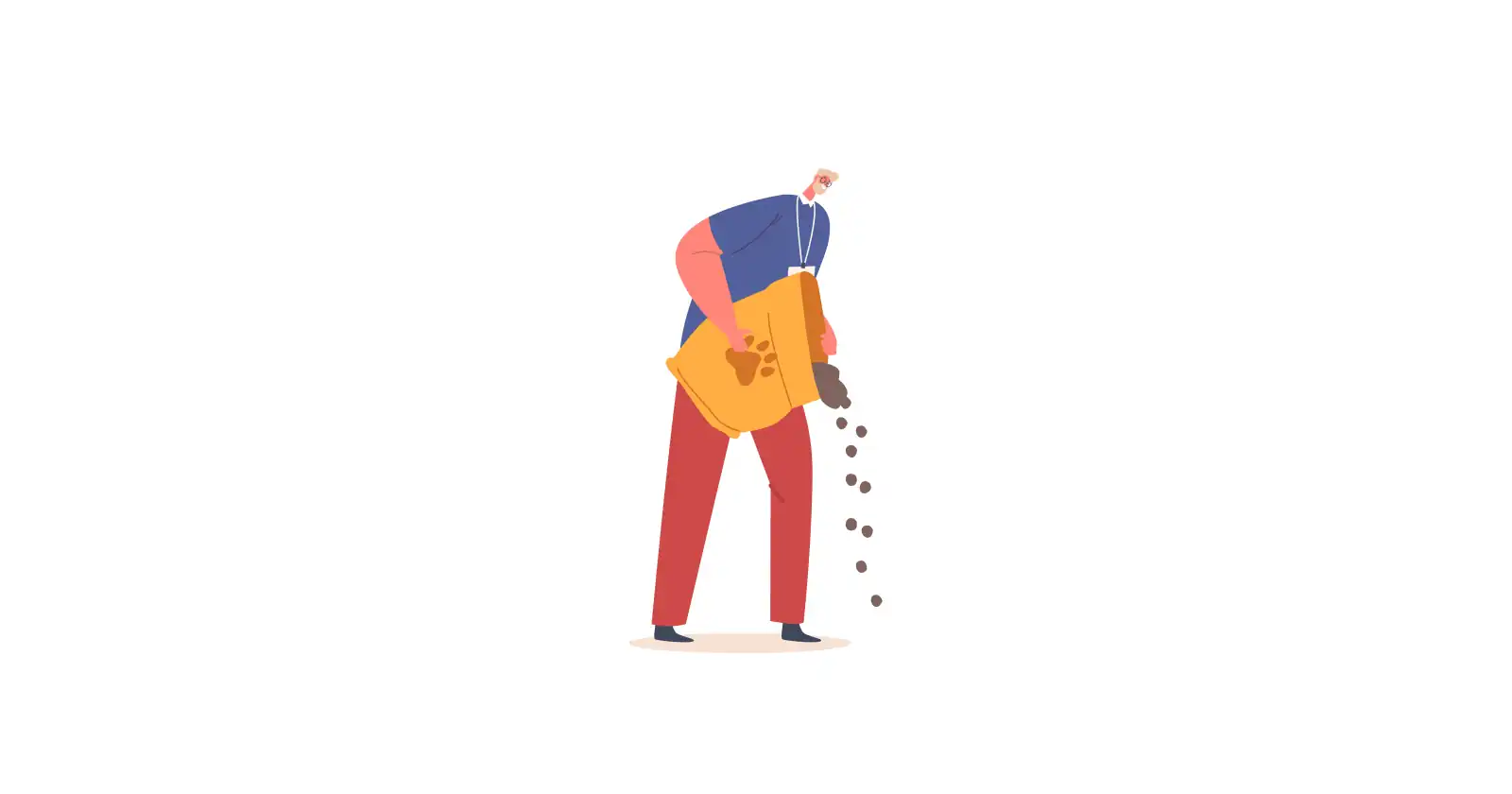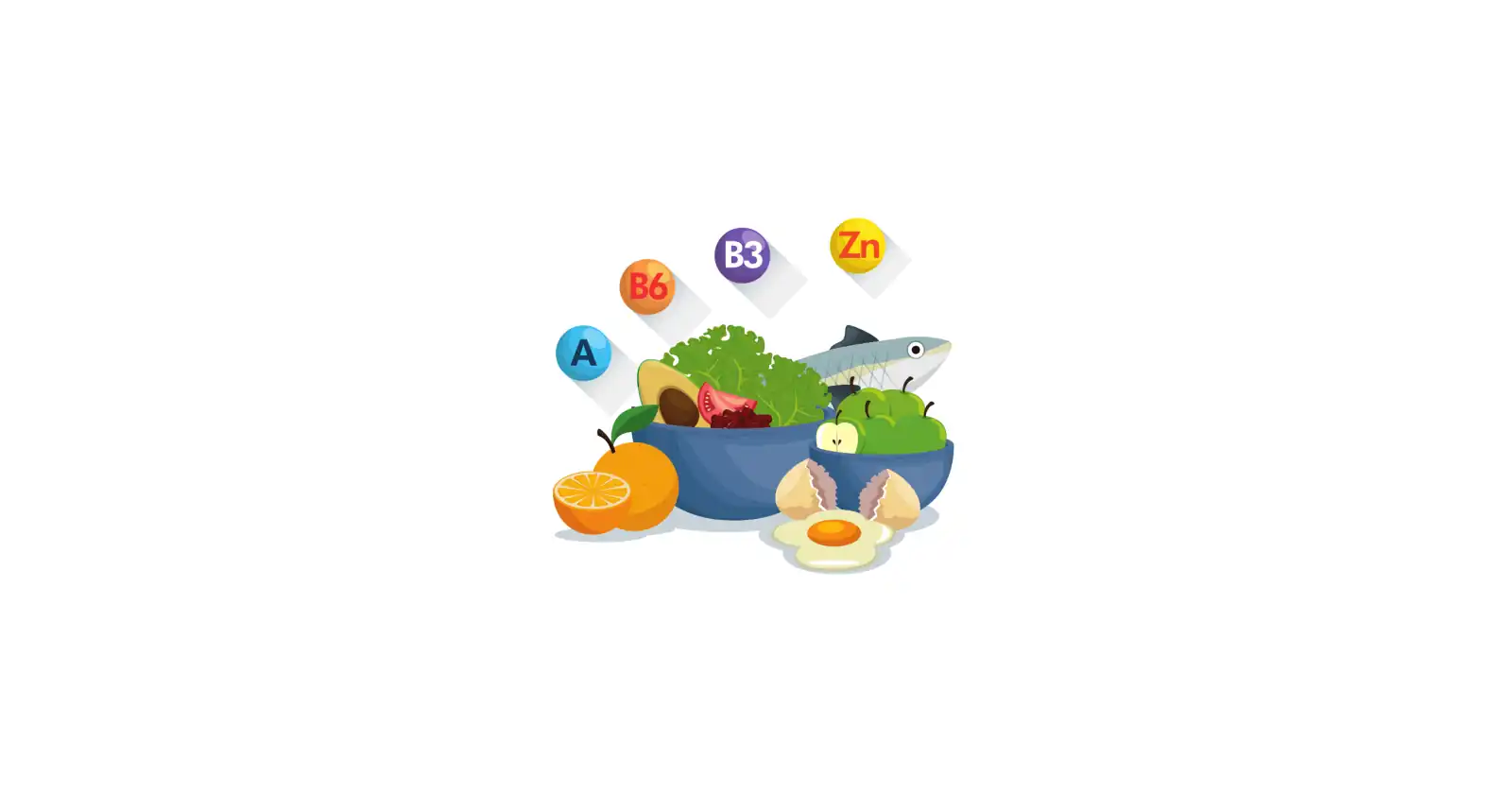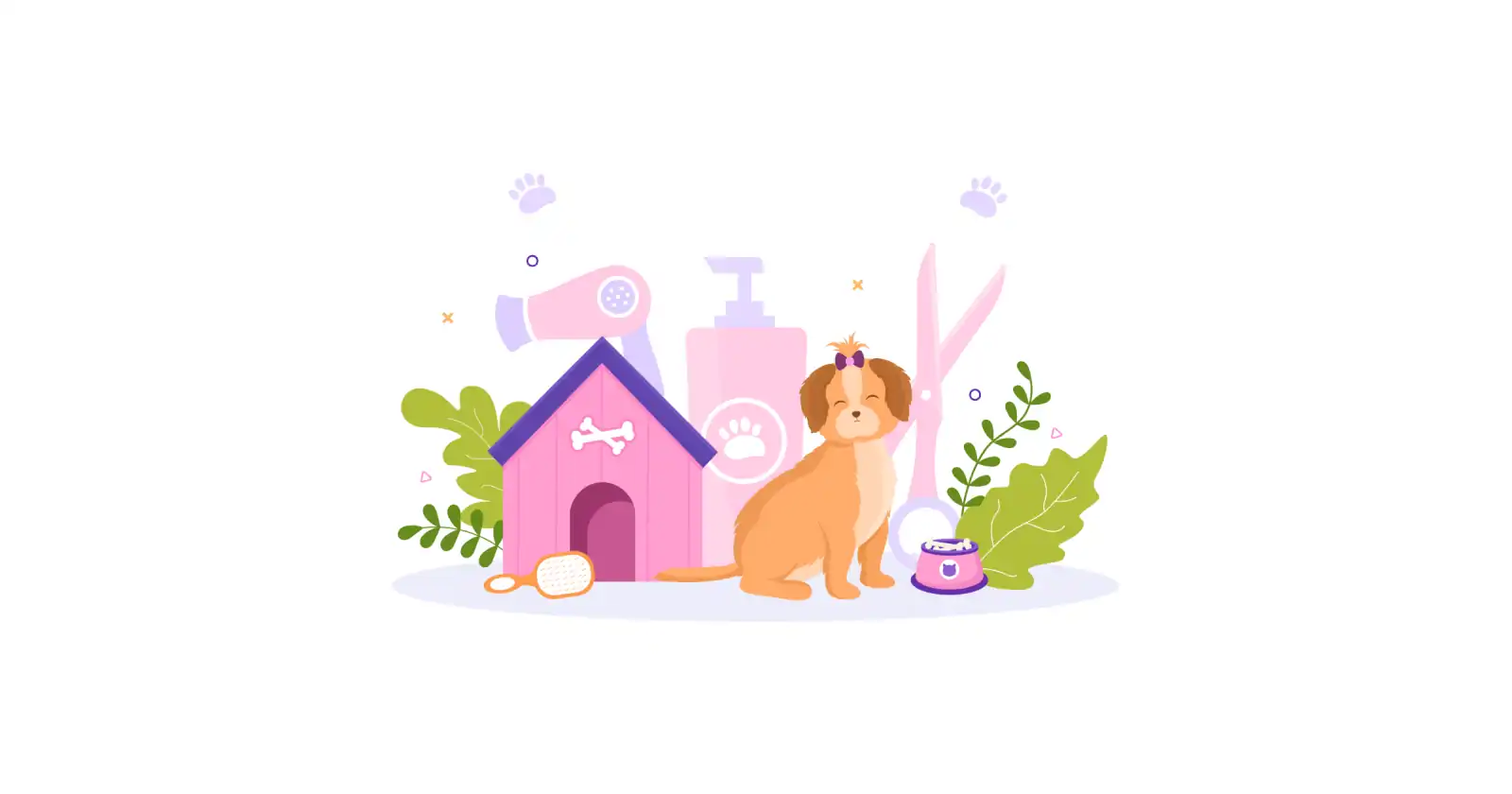What NOT to feed your dog

We, humans, have complete control over our diet and we are mindful of things that are harmful or toxic to us. We can choose what, where, and when to eat but our pets don't have this choice. So as pet parents, it's our responsibility to ensure our dogs' health and well-being through a healthy and balanced diet. But what is a healthy and balanced diet? We may think that a food that's healthy for us, such as avocado, would make a healthy treat for our dogs, but there are many toxic "human" foods that can harm our pets. It's up to us to keep these foods away from them and provide them with a nutritious diet for their overall well-being.
9 foods you should never feed your dog
1. Grapes and raisins
Can cause renal impairment. Even small quantities can be harmful.
2. Chocolate
Contains theobromine and some amounts of caffeine, both of which are methylxanthines that are toxic to dogs. The darker the chocolate, the higher the toxic dose.
3. Coffee
Can result in caffeine poisoning.
4. Macadamia nuts
Contain cyanogenic glycosides that are toxic.
5. Allium spp. (onions and garlic)
Contain thiosulfate, which can cause oxidative hemolysis of RBCs and result in anemia. Onions are more toxic than garlic.
6. Avocados
Contain a substance called persin, which can cause dyspnoea, and pulmonary oedema.
7. Raw meat diets
Not recommended for dogs, especially in Indian conditions of meat handling and processing due to the presence of potential pathogens that can be harmful to pets or handlers.
8. Apple seeds
Should never be allowed to be ingested.
9. Mango seeds/corn cob
Can cause major intestinal obstruction risk.
5 foods to avoid feeding your dog
1. Tomatoes
Contain solanine, a toxic substance that can cause digestive upset, nervous system depression, and even heart failure in dogs if ingested in large quantities.
2. Citrus fruits
Contain citric acid and volatile oils, which can irritate a dog's digestive system and cause vomiting and diarrhea.
3. Foods with a high glycaemic index
Like corn, wheat, processed treats
4. Dairy products are often associated with food
Related allergies in canines, especially impacting the skin. Additionally, since many dogs are lactose intolerant, non-fermented milk products can often cause digestive disturbances and should be avoided.
5. Wheat
Can cause digestive problems such as vomiting, diarrhea, and bloating. Dogs can tolerate small amounts of wheat and grains in their diet but may do better on a grain-free or limited-ingredient diet.


